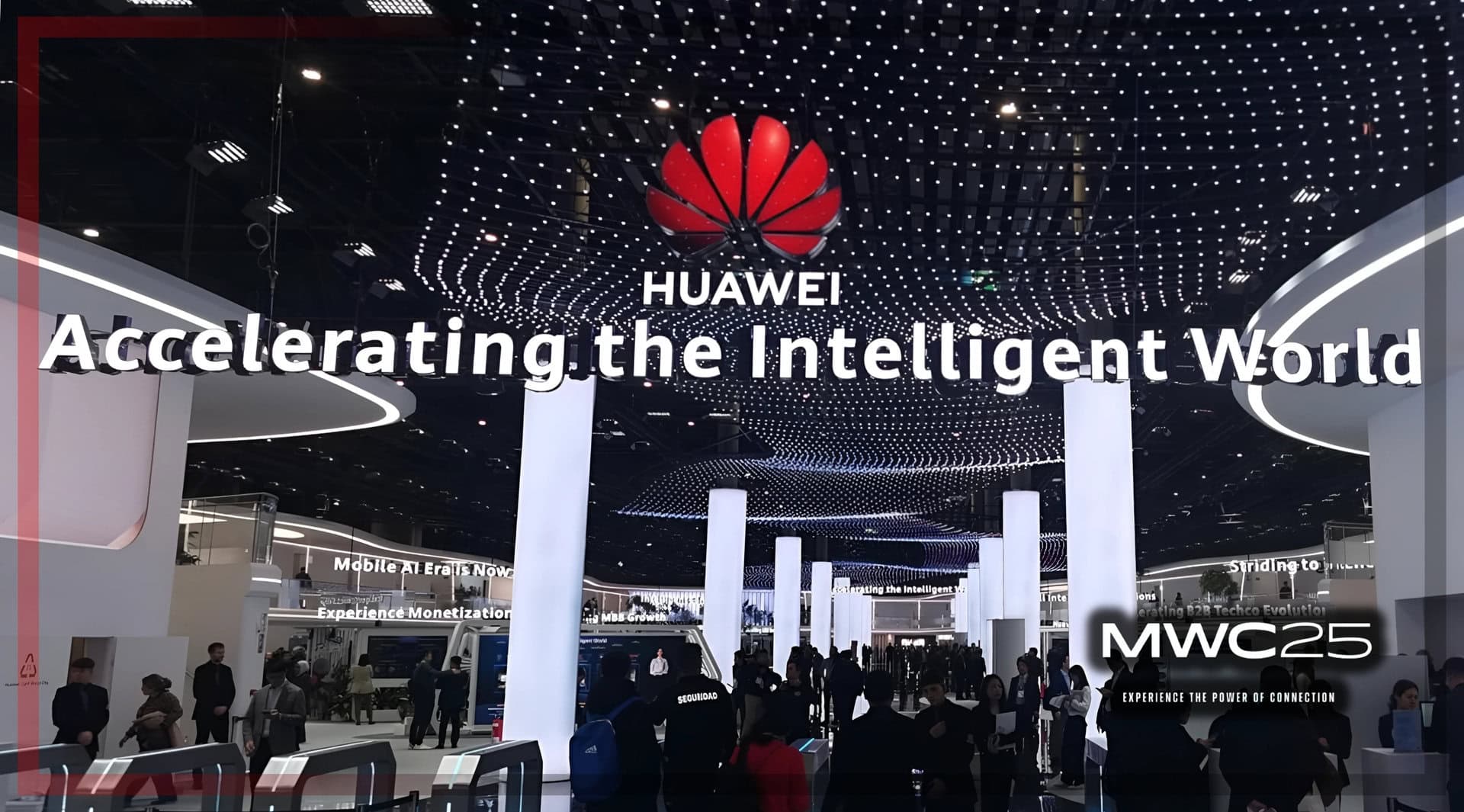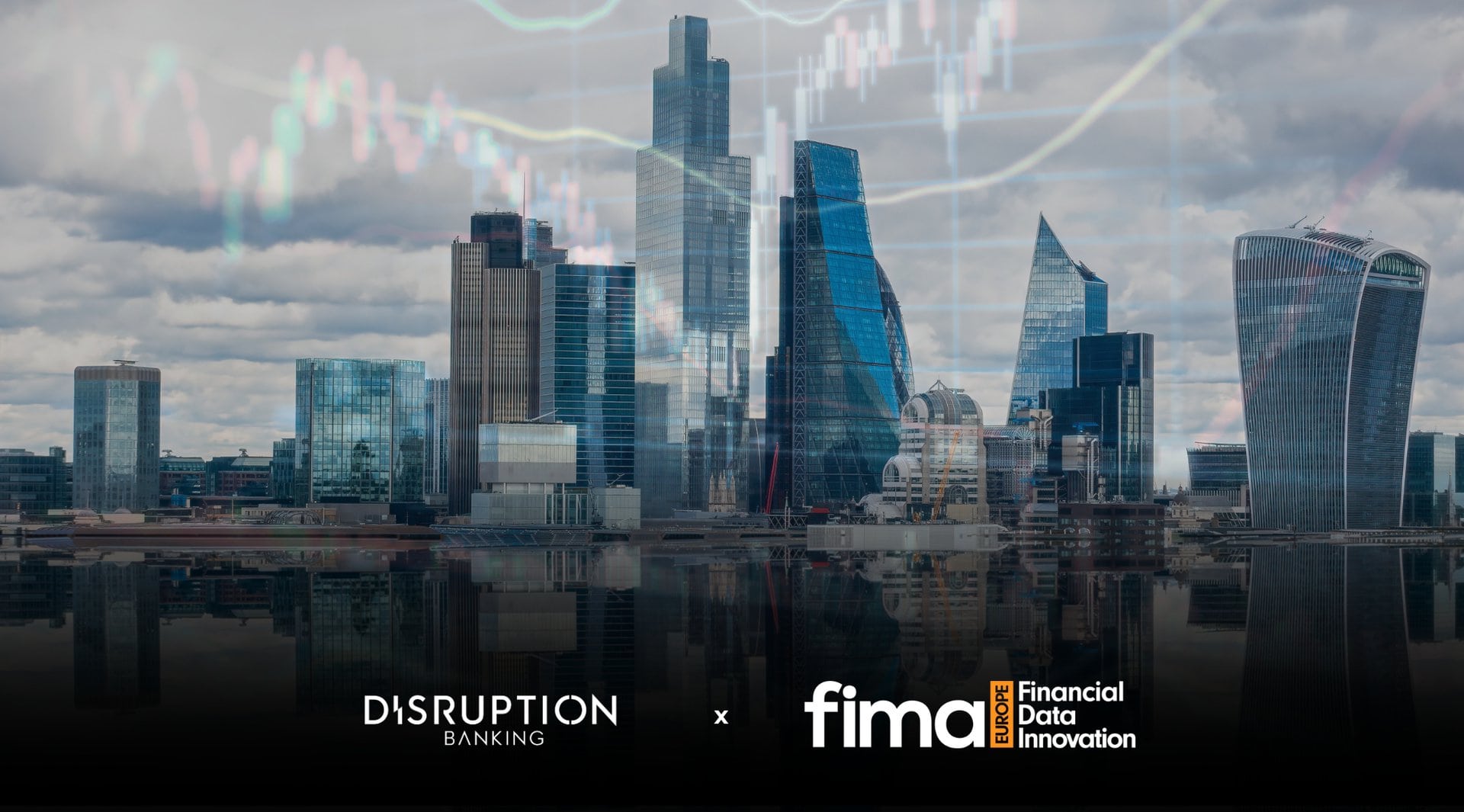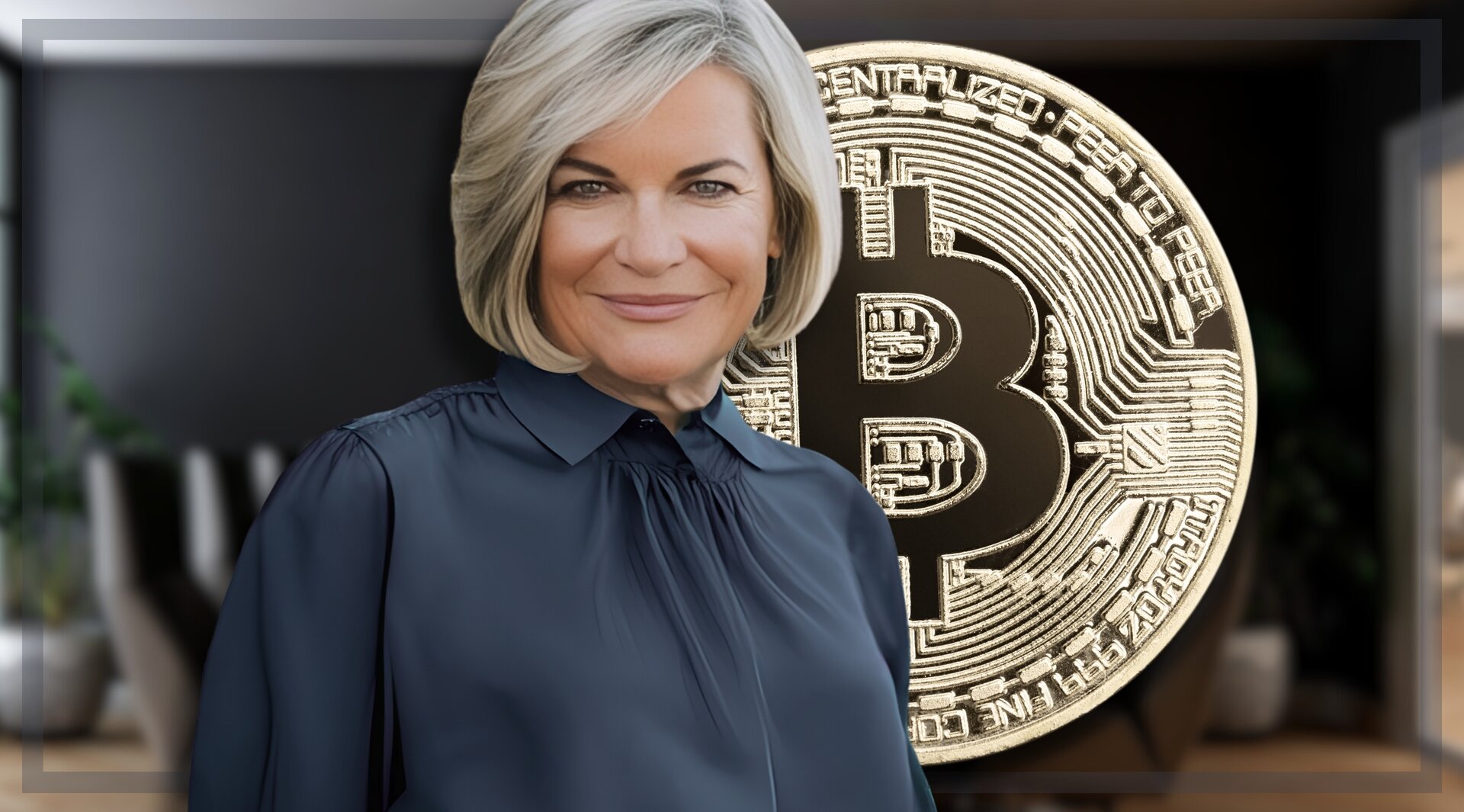DisruptionBanking’s Money 20/20 experience began this morning with a panel on institutional DeFi and crypto regulation. Moderated by Ian Taylor, who is the Executive Director of CryptoUK, the panel brought together two leading market participants – Curtis Ting from cryptoexchange Kraken and Irina Berkon from crypto payments facilitator Metal Pay – with prominent regulator Simonas Krepsta from the Bank of Lithuania. While the discussion remained amicable, at times it seemed that this was a fundamental clash between two groups with completely different outlooks on the DeFi space. Regulators who have to worry about practical things like regulation or financial stability. And industry players who are more concerned about adoption, innovation, and their bottom-line.
Krepsta argued from the outset that cryptoexchanges currently do not command much trust – either when it comes to central banks, or consumers. “If the sector wants to be more broadly accepted, I guess there should be some more trust between the wider community and the sector.” Referencing the recent collapse of algorithmic stablecoin Terra, he said “stablecoins should actually be stable.” Krepsta called for the sector to be “bold” when it comes to developing relations with central banks, saying they should “even volunteer for stricter regulation that the traditional financial sector, and show that new technologies can do KYC operations and things like that.” It was essentially a call for the crypto industry to mature: to move away from the libertarian principles in which it has its roots, and to welcome a future as a stable and regulated space.
Neel Somani quit his job as a quantitative researcher in the commodities group at Citadel, and took a huge pay cut to join Terra. A few weeks later, the #crypto lost over 99.9999% of its value. #LUNA https://t.co/s97fRPgKI9
— #DisruptionBanking (@DisruptionBank) May 17, 2022
Ting from Kraken agreed with this – sort of – but expressed concerns. While he said the current crypto bear market is a good opportunity to discuss regulation, as “this is when the frauds and scammers tend to disappear because they run out of cash, and this is when the industry starts to work very closely with regulators,” Ting didn’t seem convinced by Krepsta’s comments. He said that central banks have a duty “to actually reward or recognise the benefits of participating in a regulated regime.” Applying for licences and becoming regulated “comes with a lot of trade-offs, compliance, reporting – the level of transparency that is really currently only provided by banks.” Because of the costs involved, and the number of personnel required to do this, “there’s really only a few exchanges that are able and well-resourced sufficiently to participate with these kinds of regimes.” Moreover, the number of unregulated offshore exchanges that exist means those which choose to become regulated are at a competitive disadvantage. “Why do you want to get regulated if you can offer your entire products from offshore?” The question is: should cryptoexchanges even have this choice?
Ting pointed to the United Arab Emirates (UAE) as a good example of a jurisdiction that has got the “balance” right in its approach to regulation. He said the country has “put together a regulatory framework that actually protects people, and rewards and protects participants who choose to come onshore and compete on a level playing field. And it also remains sufficiently open-ended that technology is not constrained as new innovations occur.” Ting also mentioned that he is “encouraged” by signals from the United Kingdom, which has recently expressed an ambition to become a global hub for crypto. Perhaps the City of London will battle it out with Dubai for the title of “Wall Street of Crypto:”
Wall Street of Crypto “UAE & Dubai”Welcome You 🤙🏻 @rovercrc #Dubai #crypto
— Khaled AlShehhi (@KhaledAlShehhi) June 4, 2022
Irina Berkon from Metal Pay was an interesting middleman in all this. As a crypto payments company, Metal Pay straddles the divide between the fiat and DeFi world. She was first asked about stablecoins, and about the prospect of regulation in light of the Terra collapse. Berkon said that Metal Pay “believes in reserve-backed stable coins,” and mooted the prospect of “a basket of stablecoins.”
“We have multiple banks in the US, multiple banks in Europe, does each bank need to issue their own stablecoin? Or should there be just one, with the basket containing one from each different country? We think that’s where the technology is going and where the regulation is going?”
Krepsta agreed in principle. He argued that “history shows, from time to time, we have runs on private money – and we need some backing to avoid that. We need liquidity assistance.” Krepsta went on to note that there is a critical need for greater transparency and reporting for stablecoins, so that the market is properly aware of how – and to what extent – stablecoins are actually being backed. “Without that, I think it’s all quite difficult.”
A significant move by the Bank of England to manage risks associated with failure of stablecoins
— Nischal (Shardeum) ⚡️ (@NischalShetty) June 1, 2022
The institute has also included regulation of transfer of digital assets in its agenda to future proof the financial system of threats & protect investors https://t.co/DXZaPZ7XHm
Throughout, Kraken’s Ting emphasised the more idealistic and philosophical elements of the crypto space. He said “we’re not used to, as a society, living in a world where there are no borders.” While he accepted the need for a certain degree of integration between traditional and decentralised finance, “even if it’s just for people to cash out,” he seemed to suggest that crypto should be trying to promote a new paradigm. He called for entirely “new economies,” ones that people may initially be uncertain about but will eventually embrace. Krepsta – and Berkon to an extent – seemed a bit more realistic. Both accepted the need to regulate the crypto space properly and rigorously, to avoid repeats of the Terra episode and in turn build trust. As Krepsta ended the panel by noting, “the crypto world was born because people didn’t trust the traditional financial sector after the global financial crisis – but I think now the cycle has turned.” Building trust through balanced regulation is key if the crypto space is truly to challenge the dominance of traditional finance.
Author: Harry Clynch
#Money2020EU #Crypto #DeFi #Regulation















